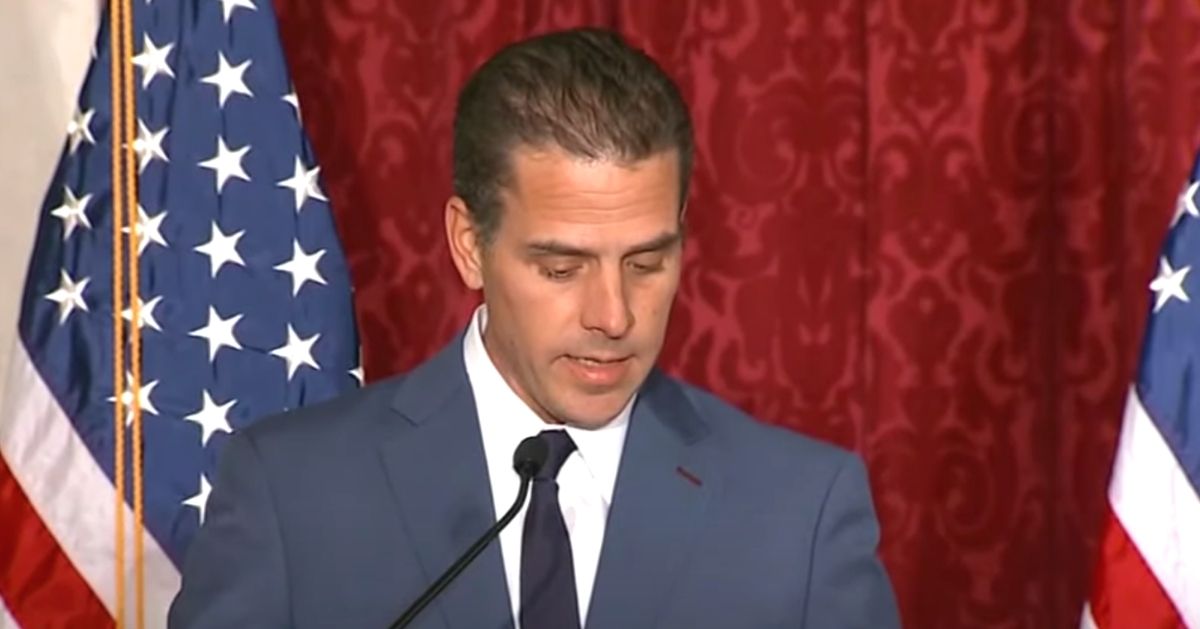The Supreme Court’s refusal maintains the status quo, letting Maryland's law stand as appellate proceedings carry on.
The legal challenge to Maryland's law involves a group comprising Maryland residents, a gun dealer, and organizations advocating for Second Amendment rights. They contested the ban's constitutionality, arguing that it infringes on their fundamental rights. This legal conflict emphasizes the ongoing national debate over firearm regulations and gun ownership rights.
Maryland's Regulation After the Sandy Hook Shooting
In response to the tragic 2012 Sandy Hook Elementary School shooting, Maryland enacted a law prohibiting the possession, sale, transfer, or acquisition of certain semiautomatic rifles. The list includes 45 specific weapons or their equivalents. This measure was intended to prevent future atrocities by limiting access to what many consider particularly dangerous firearms.
Despite the ban on these selected rifles, the Maryland State Police confirm that other semiautomatic handguns and rifles remain legal under the state’s laws. The intent is to strike a balance between public safety and the rights of gun owners.
Maryland's stance is part of a broader trend, with nine other states and the District of Columbia imposing similar bans. These regional laws reflect diverging opinions across the United States regarding how best to handle gun control while respecting constitutional rights.
The Progression Through Courts
The challengers initially hoped the Supreme Court would preemptively intervene before the U.S. Court of Appeals for the 4th Circuit could issue its ruling. However, this appellate court, having heard arguments in late March, has yet to make a decision. Therefore, the call for Supreme intervention prior to the appellate ruling was deemed premature by the high court.
Previously, this legal skirmish reached the Supreme Court but was referred back to lower courts following a pivotal 2022 decision. This earlier case by the Supreme Court set a precedent by expanding Second Amendment rights, shifting how gun laws are evaluated, and emphasizing a historical tradition framework.
The historical tradition approach assesses whether current gun laws align with longstanding U.S. traditions of firearm regulation. This analytical method was central to a recent lower court ruling that struck down a 30-year-old law preventing individuals under domestic violence restraining orders from carrying guns, illustrating the ongoing adjustments to legal standards governing firearm control.
Arguments From Both Sides
Supporters of the gun rights argued passionately for the ban's reversal. They insisted that the Supreme Court’s involvement was crucial for safeguarding constitutional rights, hinting at possible biases in lower court decisions. "A fundamental right is at stake, the proper outcome is clear," stated the pro-Second Amendment groups, emphasizing the necessity for the higher court's intervention.
Conversely, Maryland officials, including Attorney General Anthony Brown, defended the ban. Brown argued that the prohibition on assault-style weapons passes constitutional muster. He noted, "The ban...is consistent with our nation’s historical tradition of firearms regulation, which encompasses regulation of novel arms posing heightened dangers to public safety."
This legal tug-of-war thus not only discusses the constitutionality of the Maryland law but also the broader implications of firearm regulation in America.
Looking Ahead: The Next Judicial Phases
As the 4th Circuit Court of Appeals prepares to make its decision, the eventual return of this issue to the Supreme Court seems likely. Both supporters and detractors of the law keenly await further judicial scrutiny that could set significant precedents for gun laws nationwide.
The resolution of this challenge could influence future legislative and judicial actions on similar bans across the country, reflecting evolving attitudes towards gun control and individual rights in America.
While the Supreme Court has momentarily sidestepped this contentious issue, the ongoing legal battles underscore a national struggle to balance public safety with constitutional rights. With each judicial decision, the framework for interpreting the Second Amendment continues to evolve, shaping the landscape of American gun policy.




